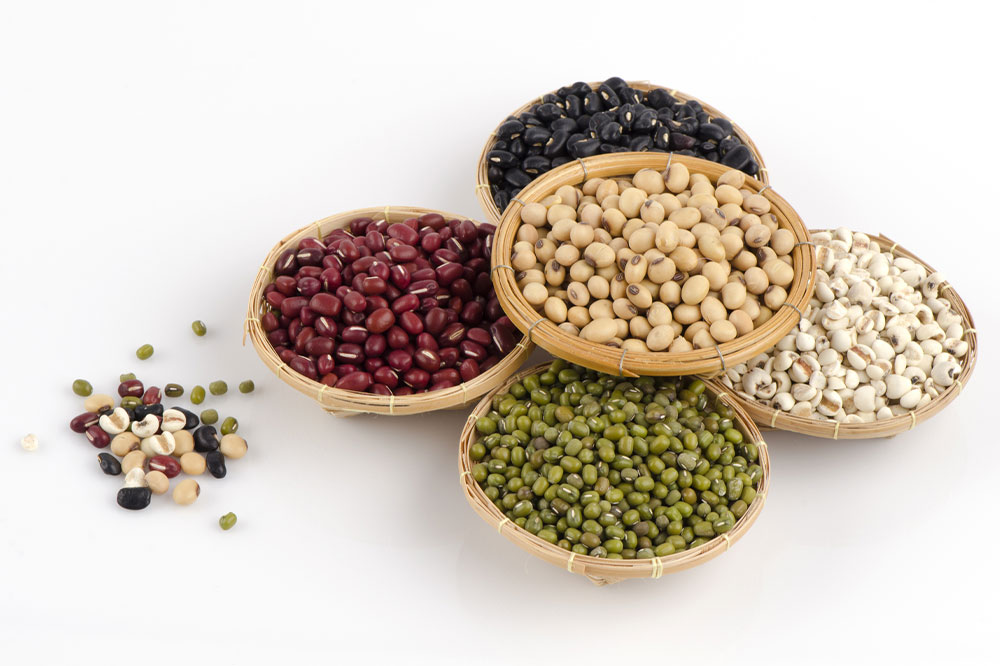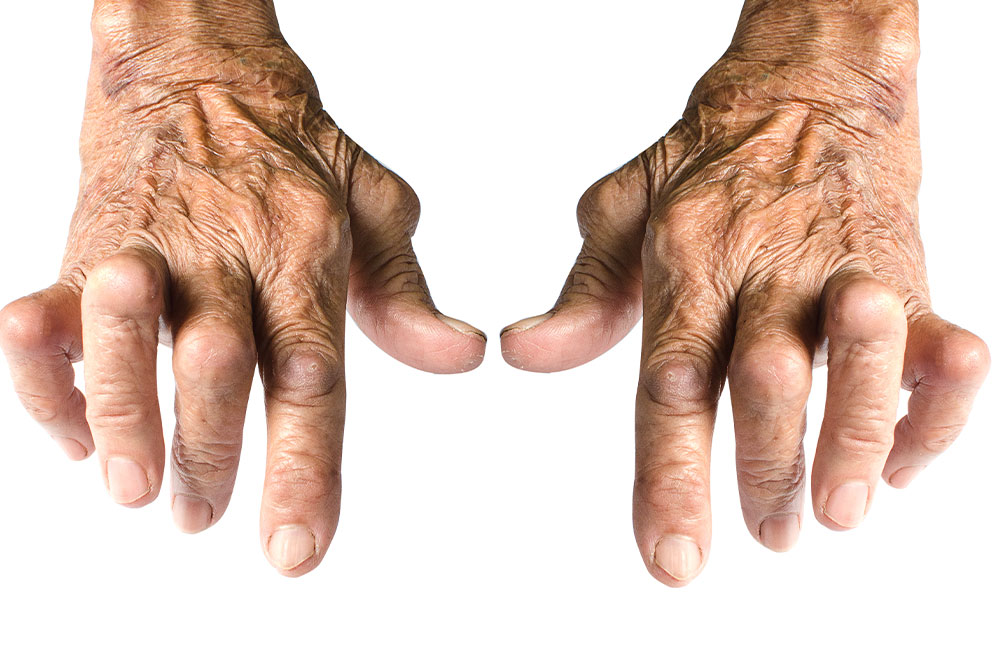Crohn’s disease – 5 food types to avoid

Crohn’s disease is an illness in which the tissues inside the digestive tract swell up, which leads to complications like abdominal pain, severe diarrhea, malnutrition, fatigue, and weight loss. Such an inflammatory bowel disease needs significant management to avoid flare-ups in the digestive tract. One of the important factors in dealing with Crohn’s disease is nutrition. Herein, we’ve listed five food groups one needs to avoid to help manage symptoms.
Grains
Frains are generally crucial for a healthy stomach, But for those with Crohn’s disease, it is advised to limit or avoid eating grains. The insoluble fiber in grains passes through the digestive tract and can trigger diarrhea or abdominal pain in those with Crohn’s disease. Grains also include gluten, which can cause a reaction along with the fermentable carbohydrates in this food source. Avoid grains like whole wheat, rye, barley, and any products made from these, including bread or pasta. Choose alternatives like rice, gluten-free bread, cornmeal, and polenta.
Red meat
Studies have shown that it is harder to digest red meat and hence should be avoided to minimize inflammation or pain in the abdomen. Avoiding red meat, sausages, and dark meat poultry can help manage the symptoms. Researchers suggest that leaner meat and types of meat with beneficial fats, like in bison or elk, should be considered over inflammatory fats. Also, other protein sources include adding fish, pork tenderloin, white meat poultry, eggs, shellfish, and plant-based options like tofu and other soy products.
Dairy
It is studied that those with Crohn’s disease often develop lactose intolerance, which can be an issue if you consume dairy. Studies suggest that lactose is a sugar in milk that can trigger bloating or gas production, leading to abdominal pain and, in some cases, even diarrhea. It is also noticed that dairy products’ high-fat content makes it difficult to digest them. Avoid eating butter, cream, margarine, or full-fat dairy products. You can look for plant-based sources like almond, oat, or soy milk if you enjoy milk. There are several safer substitutes available in the market now.
Caffeine
Beverages like coffee or tea with high caffeine content need to be avoided. Caffeine can irritate the digestive tract, leading to inflammation and triggering symptoms. Coffee, black tea, soda, or other unhealthy drink choices must be replaced with healthier choices. As diarrhea is a common disease symptom, one is also advised to stay hydrated. So stick to plain water. However, sparkling water is preferable if the digestive tract can tolerate it. If you like herbal teas, ensure they are non-caffeinated to avoid any triggers.
Spices
Spices, as the name suggests, can irritate the digestive tract for some people. This irritation can lead to inflammation and other complications mentioned. So limit or avoid the usage of spices like chili powder, cayenne powder, black pepper, jalapenos, garlic, white, yellow, or purple onions, allspice, wasabi, and paprika. However, not all spices are irritants; many also have healing properties that need to be acknowledged and can be used to manage the symptoms. Include spices like turmeric, ginger, chives, green onion, cumin, mustard, fresh herbs, and even lemon peel. Always make sure that the produce is fresh and organic to get the most benefit from these ingredients.
Some fruits and vegetables should be avoided, like apples with skin, plums, peaches, broccoli, artichokes, cherries, cabbage, and cauliflower. Due to the insoluble fiber content in these ingredients, it becomes difficult for some people with Crohn’s to digest the food without causing a reaction. Always speak to your doctor before implementing any food changes in your meal plans to ensure maximum safety and precaution.




